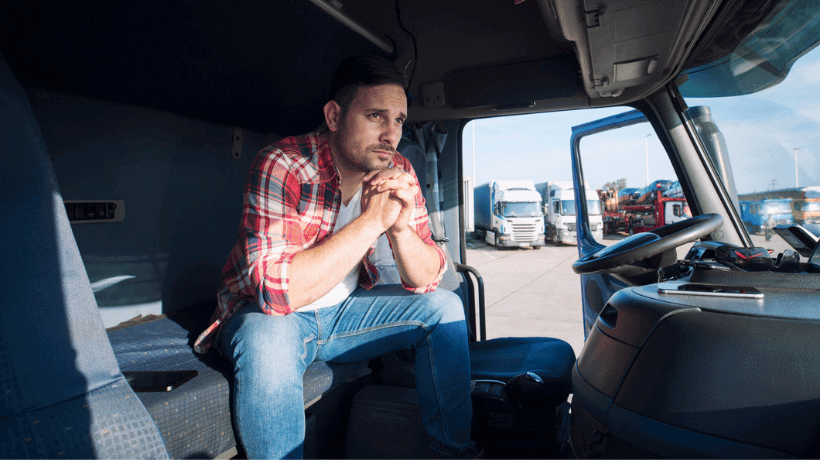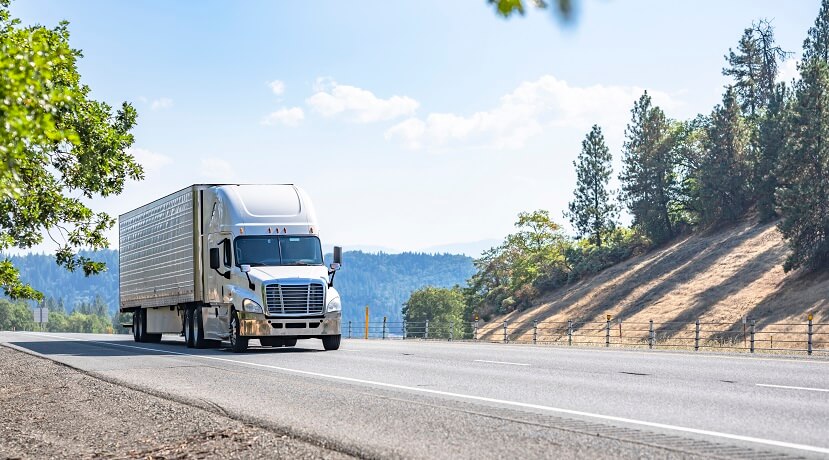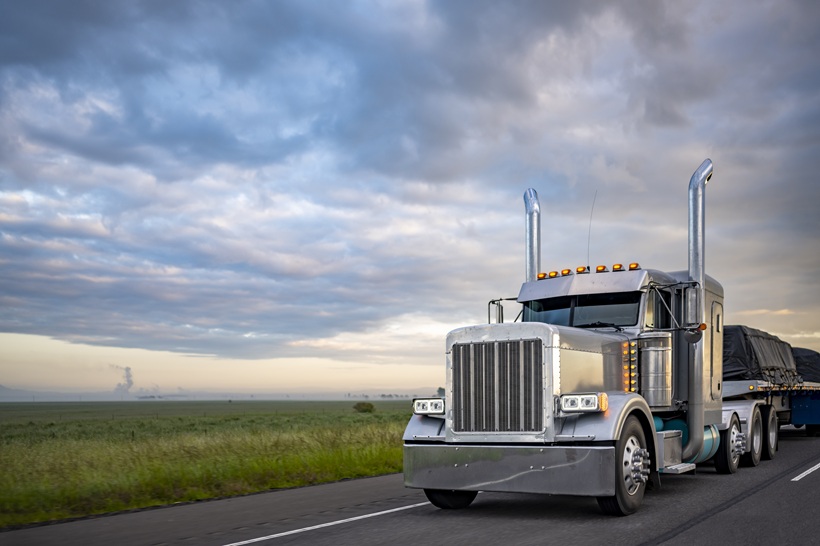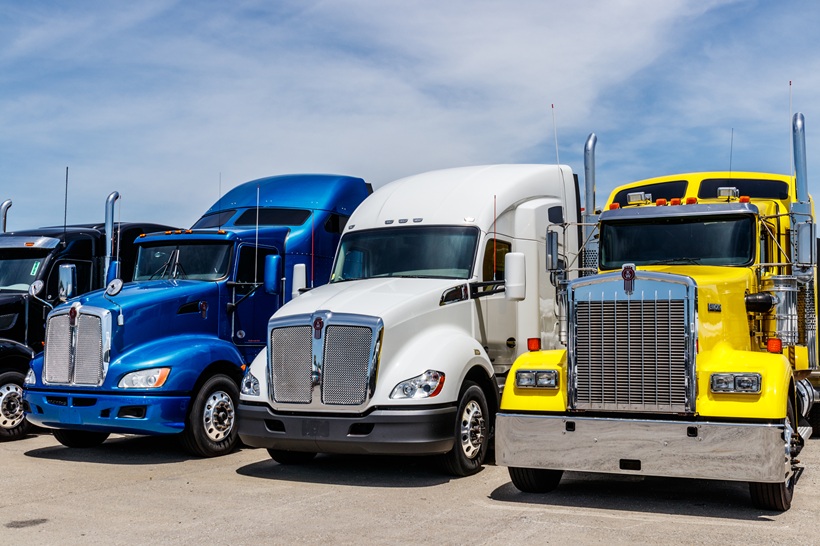
Balancing Privacy and Safety: Addressing Drivers’ Concerns About In-Cab Cameras
The use of in-cab cameras, or dash cams, in semi-trucks has been a topic of recent debate within the trucking industry. While these cameras have proven to be effective tools for promoting safety, driver training, and exoneration in the event of an accident, some truck drivers have expressed concerns about being constantly monitored and filmed.
This article will explore the reasons behind drivers’ reluctance to embrace in-cab cameras and discuss the most effective ways to address these concerns.
Privacy Concerns and the ‘Big Brother’ Perception
One of the main reasons truck drivers may be apprehensive about in-cab cameras is because of a perceived invasion of privacy. Driving a truck often involves long hours on the road, and the cab serves as a driver’s personal space or “office.” Having a camera constantly recording can make drivers feel like they are always being watched by a leering set of eyes.
To help alleviate privacy concerns, companies can implement policies that protect drivers’ privacy while still utilizing the benefits of in-cab cameras. For example, they can ensure that the cameras only record video footage when triggered by specific events, such as sudden braking or lane departures, rather than constantly recording. Additionally, companies can establish clear guidelines on who can access the footage and why.
Fear of Job Loss and Performance Pressure
Another concern for drivers is the fear that monitoring through cameras may lead to job loss or increased performance pressure. Drivers may worry that any mistakes caught on camera could result in termination or disciplinary action, even if these incidents are minor or infrequent.
Companies should clarify that in-cab cameras aren’t meant to penalize drivers for every error they make; rather, they are meant to increase safety and offer insightful feedback for driver training. Trucking carriers may help drivers view the cameras as instruments for growth and improvement rather than as a cause of stress and job insecurity by creating a compassionate and understanding work environment.
Data Security and Misuse
With the increasing prevalence of data breaches and cyber-attacks, some truck drivers may worry that unauthorized individuals could access the video data, potentially leading to misuse or privacy violations.
Trucking companies can address cybersecurity concerns by implementing robust measures to protect the footage captured by in-cab cameras. These could include encryption, secure storage solutions, and strict access controls, among others.
The Importance of Trust and Communication
Ultimately, addressing truck drivers’ concerns about in-cab cameras comes down to building trust and maintaining open communication. To foster trust and communication, trucking companies should:
- Involve drivers in the decision-making process when implementing in-cab camera systems.
- Provide comprehensive training and education on the use of in-cab cameras and their benefits.
- Regularly update drivers on any changes to camera policies or technology.
- Encourage drivers to share their feedback and concerns and be responsive to their input.
Bridging the Gap Between Driver Concerns and Camera Benefits
The trucking sector can gain a lot from dash cams, such as increased safety, driver education, and accident liability exoneration. However, it is essential to address truck drivers’ concerns about privacy, job security, and data security to ensure their comfort and acceptance of this technology.
Carriers can help bridge the gap between drivers’ fears and the benefits of in-cab cameras by enacting surveillance policies, creating a supportive work atmosphere, guaranteeing data security, and fostering trust through open communication. For information on Transflo’s industry-leading telematics with ATI and dash-cam solutions for freight, contact us today.



